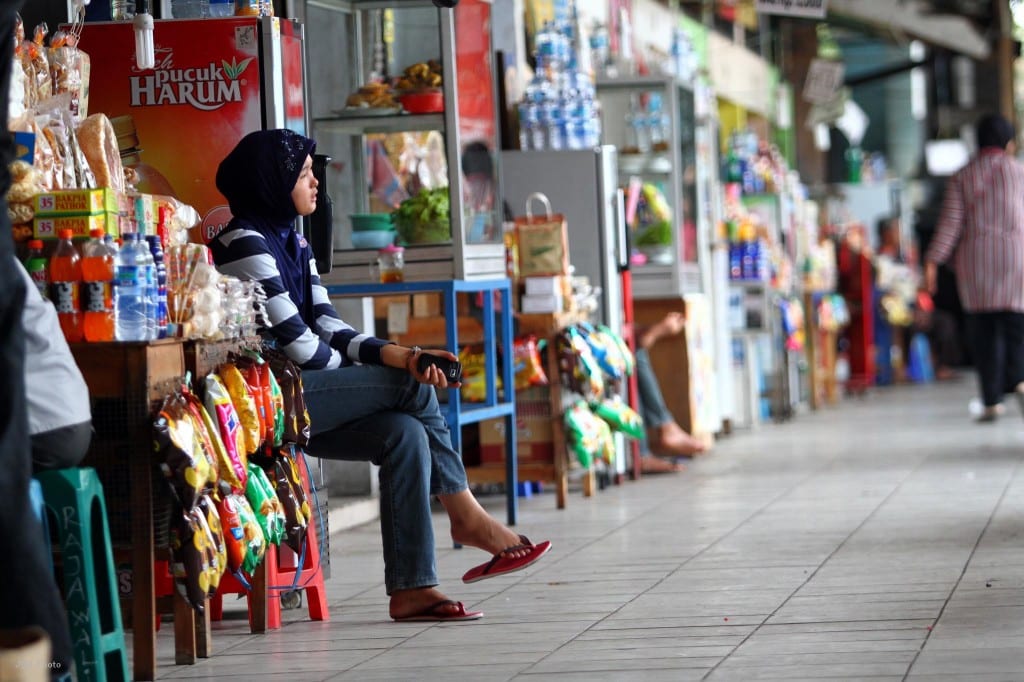
Indonesian retailers could see tough days persisting next year as they wade through a storm of weak rupiah and waning consumer demands, analysts at Credit Suisse Securities Indonesia says.
Retailers in the country have grappled with volatility in the rupiah this year — with an 11 percent decline to 13,872 against the US dollar year-to-date — which are hiking costs of imports as well as interest from dollar-denominated debt against the backdrop of a slower economy.
Credit Suisse Securities Indonesia is now underweight on local retailers next year, especially those with high imported content such as fashion and lifestyle retailer Mitra Adiperkasa and household store operator Ace Hardware. Credit Suisse Securities Indonesia is the the sixth-biggest broker in total value in November taking some 4 percent of the trading, data from the local bourse authority showed.
“I’m worried about retailers with a lot of imported content because the rupiah has weakened a lot, so their merchandise is becoming more expensive for the local population to buy,” Jahanzeb Naseer, head of research for Indonesia at Credit Suisse Securities Indonesia, told reporters in Jakarta on Monday.
“The government is also expecting a lot of machinery and infrastructure-related imports next year that they may put pressure on consumption imports.”
Consumer spending on discretionary items, such as electronic devices and apparel, is also unlikely to improve until the second half of next year due to higher prices, according to Naseer.
Credit Suisse forecasts the rupiah to weaken by between 6 and 8 percent next year due to pressure from the US Federal Reserve’s monetary tightening as well as a possible rate cut by Bank Indonesia.
Meanwhile, it sees the economy growing by 5.2 percent next year — roughly in line with the government’s 5.3 percent target — on the back of accelerated government spending as well as a potential rate cut of 75 basis points by Bank Indonesia.